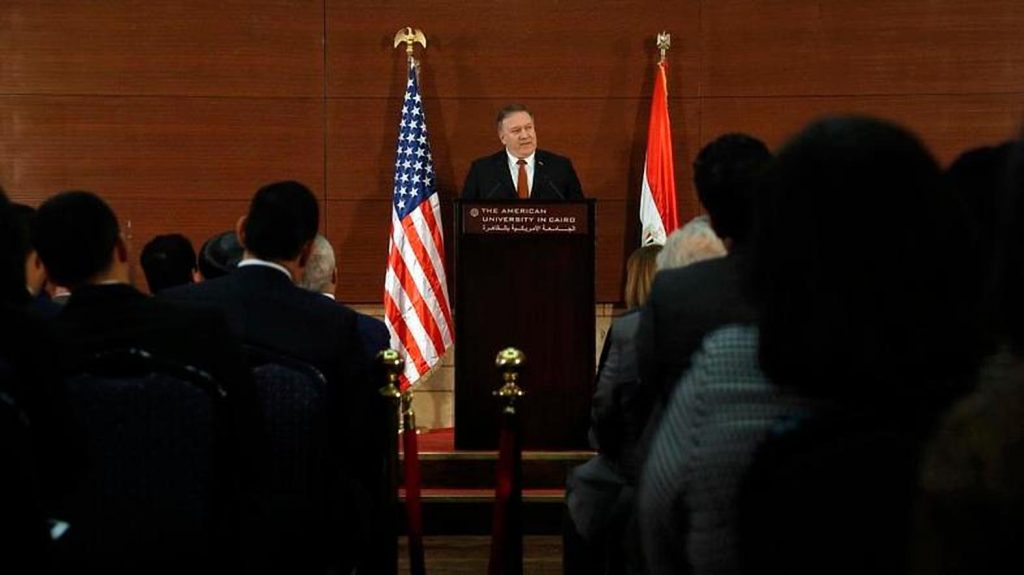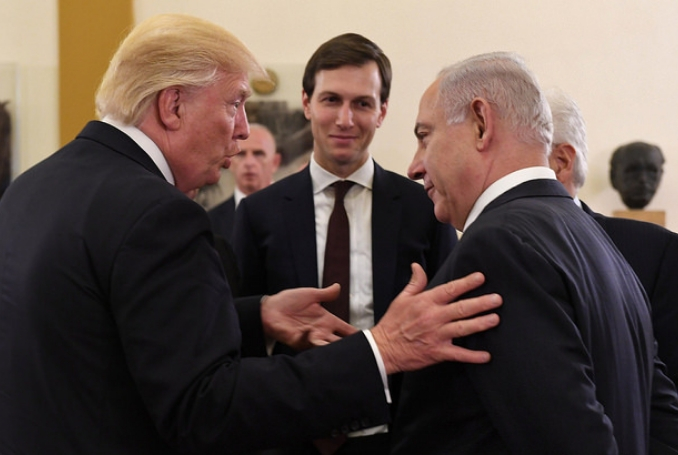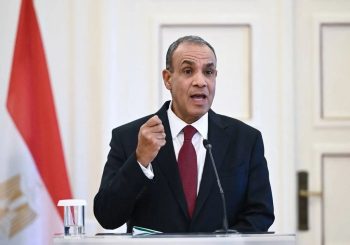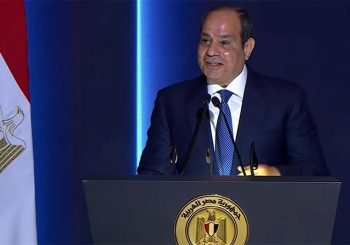
Recently, US President Donald Trump officially recognised Israeli governance over the occupied Golan Heights, seized from Syria in 1967.
The move has been highly approved by Israeli Prime Minister Netanyahu despite vows by Syrian officials to resist the move and recover the area.
This is not the first political incident to spark debate and criticism in the Middle East recently.
On the tenth of January, United States Secretary of State Mike Pompeo delivered a speech at the American University in Cairo where he stated “America is a force for good in the Middle East.” In this declaration, Secretary Pompeo unearthed a question that often plays on the mind of many in Egypt and indeed, across the Middle East, what does American presence mean for us and, more importantly, is it benevolent?
The Trump administration has already repealed a lot of the foreign policy that the preceding president put in place, including the Iran Nuclear Deal; however, it also has implemented a new policy such as the recognition of Jerusalem as the capital of Israel. Both of the aforementioned moves were wildly unpopular on the world stage and both had huge ramifications on Egypt.
EGYPT’S ROLE IN THE STRUGGLE AGAINST IRAN
In the case of the re-imposition of sanctions on Iran, Pompeo emphasized in his speech that Egypt’s role has been “instrumental in thwarting Iran’s efforts to evade sanctions”. Egypt’s cooperation signals a new role for the US as they look to Middle Eastern policy.

With the Iran-backed Hezbollah and the Houthi group in Yemen both vying for influence in the Middle East – Egypt looks to be a key ally as a stalwart against extremism and militant Islam in the region. The United States appears less concerned with regime change than it previously has been and more focused on building up cooperation with Egypt as a key player in the revitalized struggle against Iran.
HOW MUCH INDEPENDENCE DO WE HAVE, AND AT WHAT COST?
However, in this role as a partner in the Middle East, Egypt still enjoys considerable autonomy from the United States. Writing for the New York Times, Andrew Miller, former National Security Council director for Egypt said that where American and Egyptian interests are “increasingly divergent” and there is less “common purpose”, Egypt “oppose[s] the United States on issues from Syria to Israel/Palestine”. Additionally, Egypt engaged in agreements to allow Russia access to its air bases.
These differences of opinion between the United States and Egypt could result in more forceful action in the future. In August of 2017, the US held 200 million US dollars in aid in the face of alleged human rights violations, and though the restriction on aid was eventually lifted in July of 2018 it could signal a trend as to how future administrations will respond in the face of resistance from their Egyptian counterparts. Which brings us to the US’ newfound recognition of Jerusalem as the capital of Israel.
When there was still a UN resolution in the security council to declare Jerusalem the capital, President Trump threatened to cut financial aid to those countries who oppose the resolution.

There was more confrontation later still when Egypt filed a draft resolution to the Security Council to force the US to rescind this declaration, when the resolution was eventually vetoed by the sole dissenting party – the US – the Egyptian Foreign Ministry expressed regret. While this administration has not infringed upon Egypt’s autonomy, a future one might seek to use the military aid given to Egypt in order to coerce the government into backing it on these key decisions.
BACKLASH AGAINST EGYPTIAN AUTONOMY
Changes to the financial assistance given to Egypt are oft-debated. In a New York Times article, Miller and Richard Sokolsky a former member of the Secretary of State’s Office of Policy Planning suggested altering the plan to reflect the divergences in US and Egyptian foreign policy.
Additionally, Director and Senior Fellow of the Middle East program at the Carnegie Endowment for International Peace Michele Dunn spoke to the senate about how the composition of aid should cut military assistance in favor of an economic development package.
Considering the hard-line stance many US officials have expressed regarding Egypt’s alleged human rights abuses, it’s clear that with a change of administration, the nature of the relationship with Egypt could be subject to change as well. Many US officials were in favor of the Iran nuclear deal, so it doesn’t seem unlikely that sanctions on Iran are dropped in a new Nuclear Deal.
If that were to happen, perhaps Egypt’s strategic importance would lessen, and with it, the US’ appeasement of late. It’s not far-fetched to suggest that Trump officials have held back on confrontation because of the renewed focus on Iran (among other reasons), another administration with different priorities might not be so standoffish.
As the United States is itself in a position of political turmoil with upcoming elections in 2020, the relationship with Egypt and the Middle East more broadly will be a focal point for upcoming debates among prospective candidates, and Egypt’s fate is invariably tied with the US’ outlook on Iran.







Comment (1)
[…] Source link […]